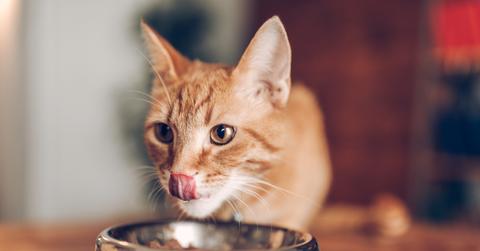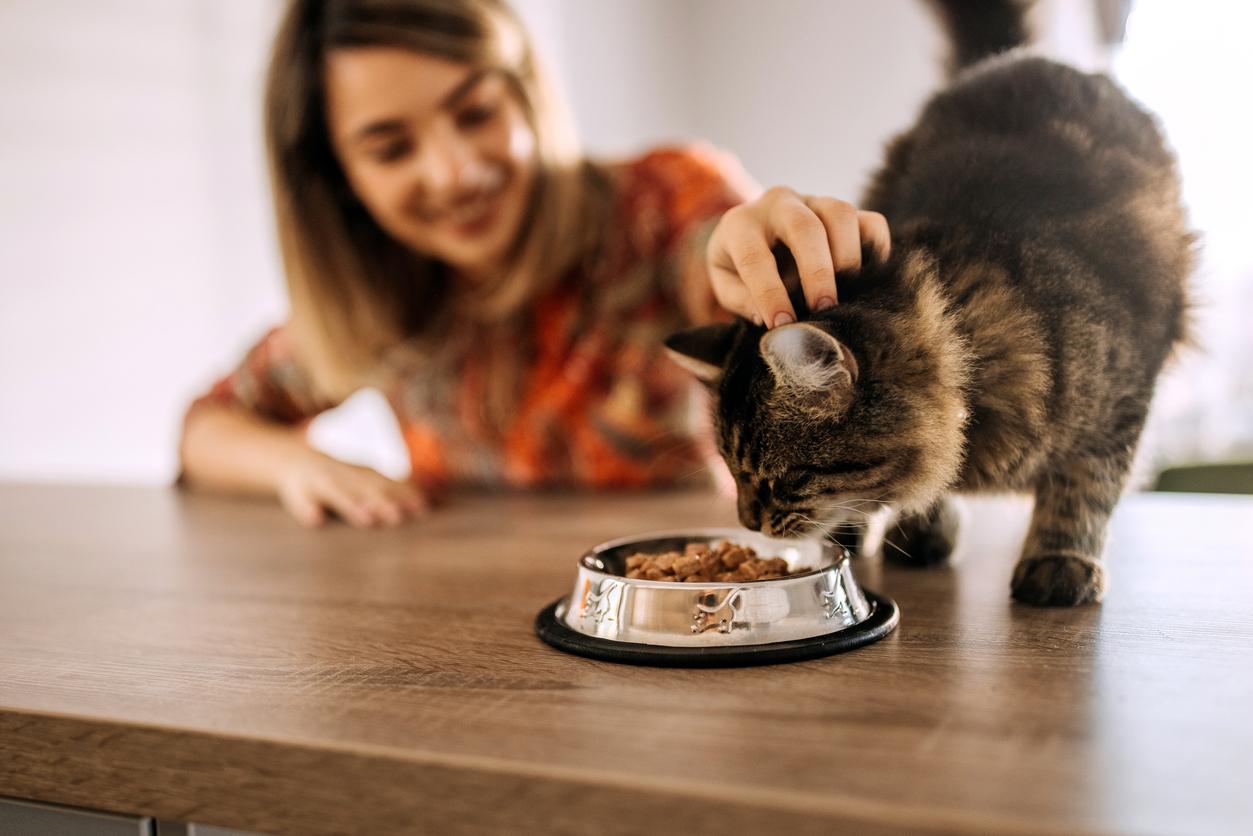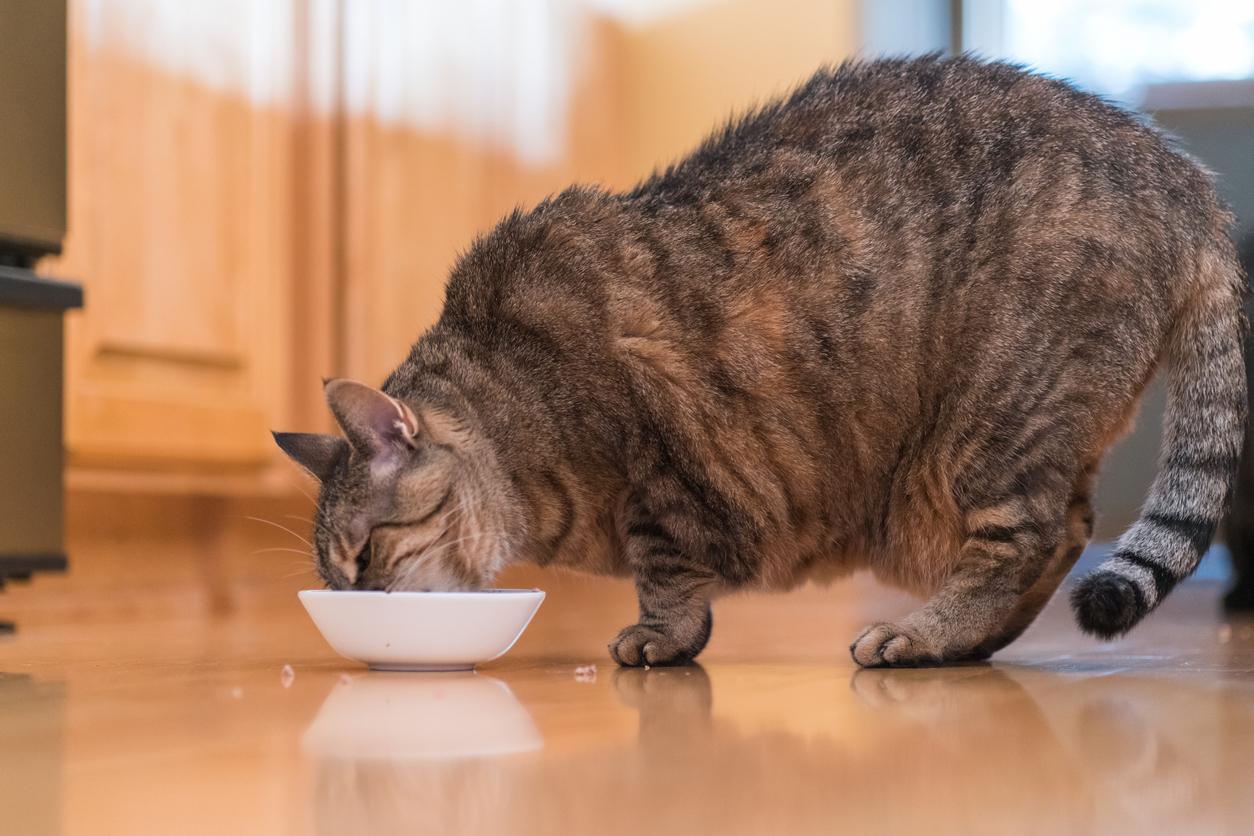Got Leftover Beans? What to Know Before Feeding Beans to Your Cat
If you want to avoid your cat getting tummy issues, keep reading.
Published March 25 2024, 3:10 p.m. ET

The excellent nutritional value that beans hold is something of a point of pride for plant-based foodies and legume enthusiasts alike. So if a protein-packed powerhouse like beans are good for us, it's natural to wonder if beans are also good for our companion cats.
From mung beans to green beans and the seemingly endless variety of beans available to us, it can be confusing to suss out which beans our cats can safely eat and which are dangerous.
Continue reading below for the scoop on which of the bevy of bean options you can safely feed to your cat, and which should be avoided altogether.

Can cats eat beans?
Yes, cats can technically eat beans, as beans aren't known to be toxic to cats. However, most cats will struggle to digest most beans, according to veterinarian Dr. Joanna Woodnutt, MRCVS.
This means that the nutrients humans enjoy from a plate of beans — from pinto to cannellini to garbanzo — aren't processed the same way in a cat's bodies, so beans don't provide the same value to cats as they do to us.
"Cats are obligate carnivores, and their digestive system is designed specifically to digest meat," Dr. Woodnutt wrote in a Cats.com article, adding that "although some of the nutritional value of beans may suit them well, such as the high protein and fiber, they will struggle to digest them well enough to get many of the health benefits."
Beans are sometimes present in commercial cat food as a filler, per Dr. Woodnutt. But as Healthy Paws Pet Insurance notes, beans are inessential to a cat's diet, as they otherwise receive their nutritional requirements from their regular diet in a can of cat food.
Additionally, suddenly changing a cat's feeding routine is a big no-no, which can cause behavioral problems as well as potential health issues. It's always best to consult a vet before making any dietary changes.
Although experts agree that a cat's diet should mostly be composed of meat, the occasional addition of a small portion of beans to their meal may support their protein and fiber needs, per Cats.com. However, per Healthy Paws Pet Insurance, too many servings of beans will cause stomach issues, such as vomiting, diarrhea, or excessive gas. All of that said, it's probably best to leave beans out of your kitty's diet other than the occasional single bean as a treat, per Healthy Paws Pet Insurance.

Can cats eat green beans?
Green beans are a great snack for us humans, and it turns out that they can be beneficial to cats in small amounts in certain settings, as they are pretty different than regular beans.
According to a Chewy blog post, green beans are especially helpful for overweight cats as they are low in calories and carbs but high in fiber. Wag! adds that the fiber in green beans may be able to help improve your cat's digestion.
Of course, as a low-calorie addition, this means your cat will not get all of their required nutrients from green beans alone, and they should be administered responsibly as a supplement to their main diet.
If your cat seems to be receptive to green beans as a treat, be sure to thoroughly wash fresh green beans and cut them into small pieces to avoid the potential for choking, Chewy recommends. Serve the green beans plain, as adding seasoning to your companion animal's food could be toxic.